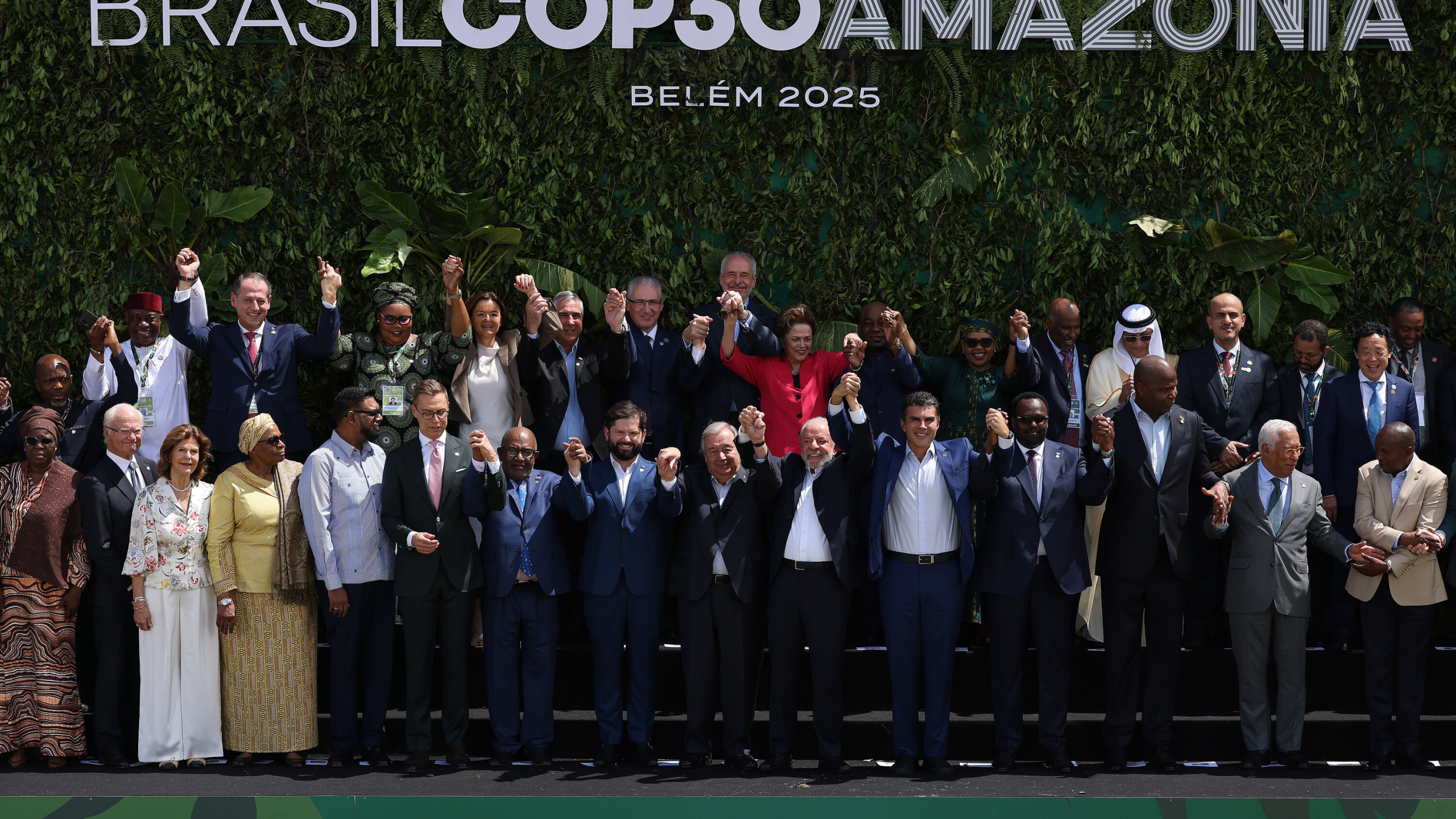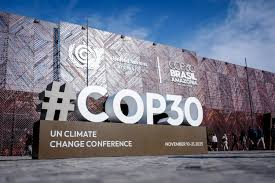COP30 Looks to Pull Global Business Deeper Into Climate Action

Few CEOs in Belem, big expectations for deals
At the UN’s COP30 climate summit in Belém, Brazil, business leaders are far thinner on the ground than at recent conferences—but expectations for the private sector have never been higher. A Reuters analysis notes that only a small number of global CEOs have flown in so far, even as negotiators debate how to finance deep cuts in emissions this decade. Organizers and campaigners say the meeting is a crucial test of whether climate diplomacy can move from headline pledges to detailed transition plans for industries that still run on coal, oil and gas.
Corporate coalitions, banks and asset managers have set up pavilions along the conference corridor, promoting “net-zero pathways,” carbon-removal technology and green hydrogen projects. Yet many of the same companies continue to fund or operate high-carbon projects, and activists accuse them of “greenwashing.” Diplomats from climate-vulnerable countries argue that unless big emitters commit to clear milestones on phasing out fossil fuels, new clean-energy investments will not be enough to keep warming within 1.5 degrees Celsius.

Pressure grows over finance and timelines
The summit is also wrestling with how much money rich nations and private financiers will put on the table for developing countries. Emerging economies from Latin America, Africa and Asia are pushing for cheaper finance to build grids, renewables and climate-resilient infrastructure, instead of more loans that deepen debt. Business groups say they need stable policy signals and faster permitting to unlock large-scale investments in clean power, batteries and electric transport.
A key question in Belem is whether governments will set firmer deadlines for phasing down unabated coal and limiting new oil and gas. Energy companies insist gas will remain vital for grid stability, while climate scientists warn that every new fossil project adds to the risk of extreme heat, floods and sea-level rise. Some executives are lobbying for a bigger role for carbon capture and storage, arguing that heavy industry cannot decarbonize fast enough without it. Critics worry that leaning too heavily on unproven technologies could delay real emissions cuts.
For Bangladesh and other climate-exposed nations, the outcomes at COP30 will shape access to funding for adaptation—from embankments and early-warning systems to crop diversification and urban drainage. Observers say the summit’s real measure of success will not just be new communiqués, but whether major companies and banks reallocate capital away from fossil fuels and toward clean energy on a scale that matches the science.












